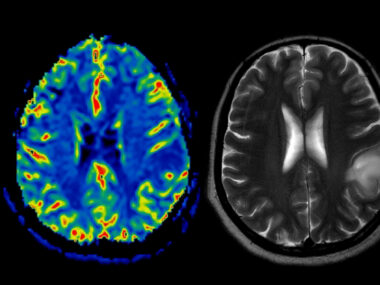Potential MS Stem Cell Therapy Moves into Phase 2 Trial for 1st Time in US
Written by |

The Tisch MS Research Center of New York (Tisch MSRCNY) recently announced that its stem cell-based therapy as a potential treatment for multiple sclerosis (MS) will move into Phase 2 clinical testing after encouraging results in a Phase 1 trial, and on the advice of the U.S. Food and Drug Administration (FDA). The decision marks the first time a potential stem cell treatment for multiple sclerosis has advanced to this stage of clinical testing in the U.S.
The FDA advised Tisch MSRCNY to continue its research after the treatment’s tolerability and safety were determined in the Phase 1 trial, with no adverse effects reported. The Phase 2 clinical trial will be a placebo-controlled, double-blind, randomized study with 40 patients in a crossover design: stem cells taken from the patients’ bone marrow will be processed to become brain-like neural cells, a method developed by Tisch MSRCNY and unique to the institution.
“Our unprecedented Phase I results have propelled us into the next phase of research,” said Dr. Saud A. Sadiq, the study’s lead investigator and Tisch MSRCNY’s chief research scientist, in a center news release. “No treatment has shown reversal of established disability until now. The objective improvement experienced in bladder function, vision and walking speed in both secondary and primary progressive MS is remarkable. We now plan to establish efficacy of stem cells as a reparative therapy in Phase II.”
Tisch MSRCNY is now seeking financial support to start recruiting its first patients, and the trial is expected to be launched in the summer of 2016.
For more information on the upcoming Phase 2 clinical trial, you can visit Tisch MSRCNY’s Research Division’s website.
Tisch MSRCNY, a nonprofit research center, works closely with its affiliated clinical practice, the International Multiple Sclerosis Management Practice, to enable potential MS treatments to move at an accelerated pace from discovery to development and testing. The center’s goal is to find the cause of MS and develop optimal treatments.
MS is an immune-mediated, debilitating, and progressive neurodegenerative disease in which the myelin sheath, the insulating cover of neurons in the central nervous system (CNS), becomes inflamed and damaged. It is estimated that more than 2.3 million people worldwide are living with the disease.


